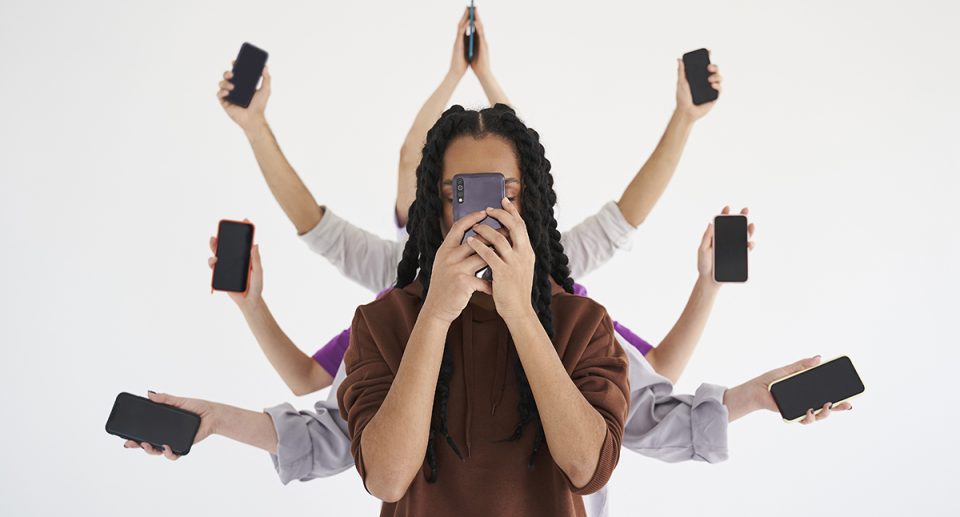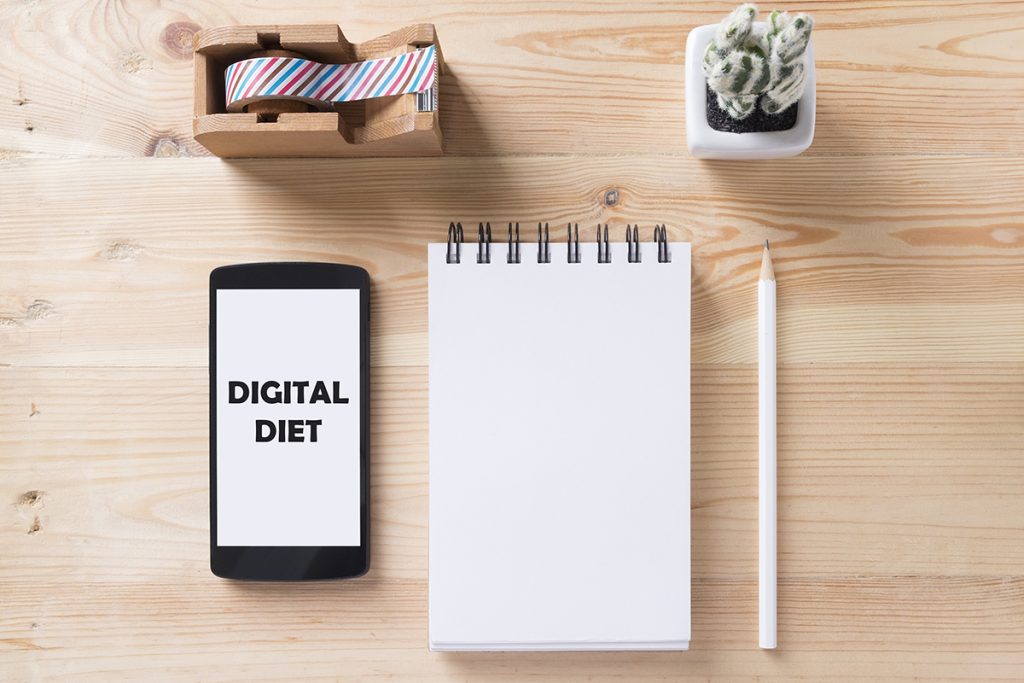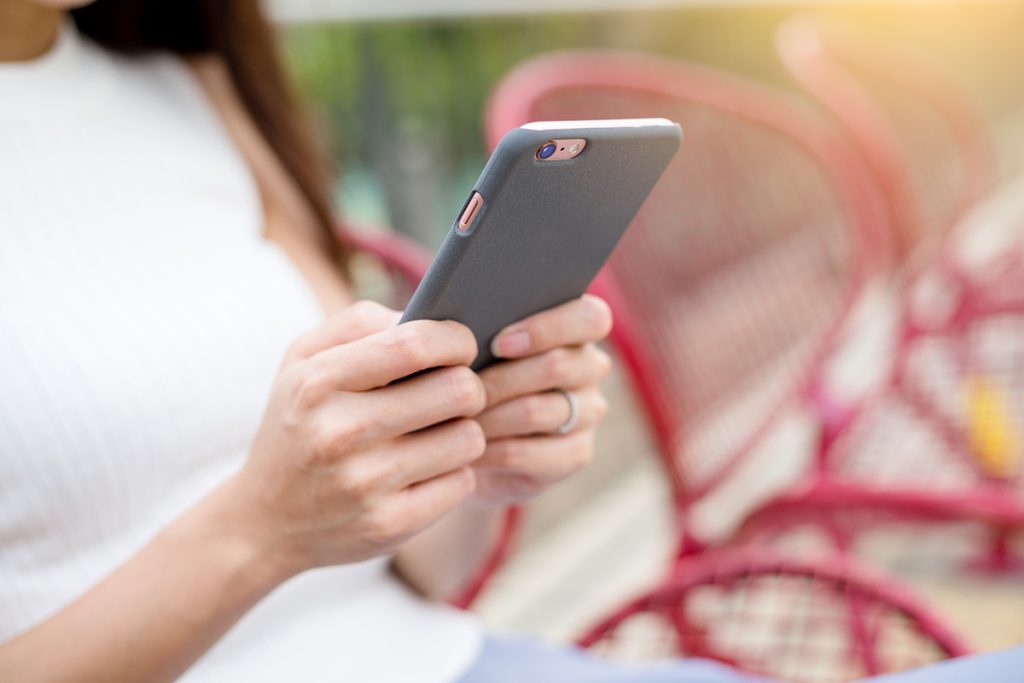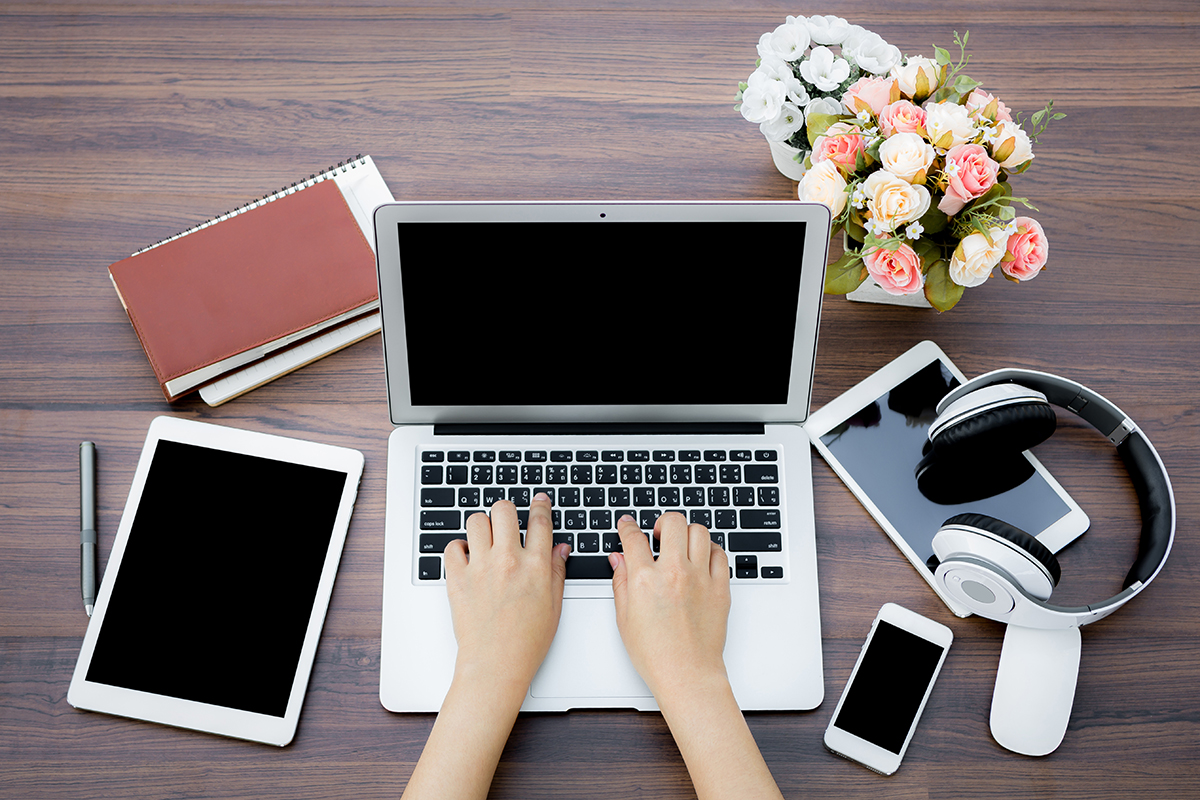Find the right balance for a healthy digital diet

In 2020, more than 140,000 digital magazine issues were distributed and read 99 million times on the digital magazine subscription service Readly. But how can we ensure, after the years of Corona doom, that what we read has a positive impact on our mental well-being? And how do we strike the right balance again for a healthy digital diet?
More and more people are spending their time online. While all our digital devices help us to connect with friends and family, a British YouGov study found that endless online scrolling has a negative effect on mental health.
With nearly 8 in 10 respondents admitting that this mindless scrolling makes them feel down. As working from home and online shopping continue, it’s important to review our digital habits and make sure our behavior online does us good rather than harm.

How to promote a healthy digital diet
Leading psychologist Dr. Becky Spelman gives us her top tips for promoting a healthy digital diet in regards to maximizing a mental and emotional well-being:
Do stay informed
Stay informed, but don’t obsess over the news. Choose some trusted news sources and check once a day to keep up to date with the current situations and advice. Then leave it at that. Since there is absolutely nothing to be gained from continuously reading the latest news throughout the day, as this often carries a negative charge. This is something that many people experience as extremely stressful.
Forget mindless strolling
Mindless scrolling is a learned habit, and the easiest way to break this habit is to change your behavior. Yes, it may be quite tempting to endlessly scroll through social media right now, but this constant exposure is not good for us.
Instead, try replacing this ‘urge’ with a different, more positive behavior. Keep your favorite (digital) magazines or books to match your mood, keep a crossword puzzle or sudoku handy, or read something to fuel a hobby or passion.
Set up digital time for reading the things that really enrich your life. Use the internet to facilitate positive thinking and happiness in your life. Do this by focusing on hobbies such as: crafting, DIY home improvement, yoga or cooking. You could also use a site like Pinterest to collect images that you find inspiring and positive. Do all of this as long as it gives you pleasure and then put away your device.
Say no to Zoom call invites
It’s okay to say no to Zoom, Skype or Microsoft Teams call invites. Do use the internet to stay in touch with family and other loved ones. But don’t feel like you have to accept every invitation to a social or even a business meeting from a teleconference service. It’s okay to prioritize yourself and take breaks when you need to.
It is important to take regular digital breaks. Since it is surely essential for your body and mind to take a step out of the digital world at regular intervals. If you can go for a walk, even if it’s just in your garden or on your balcony, then do this. And try to leave all digital devices behind. You can also do some body stretches, practice mindfulness, meditation, or just clear your mind. One thing is for sure: having a few mini digital breaks throughout the day will do you infinite good!
Plan your digital future
Focus your digital time by planning for the future. If you, for example, have always dreamed of becoming a photographer. Then read about it and learn more about the courses you can take and the places you can visit to practice this.

Find the right balance for a healthy digital diet conclusion
Scientists at the University of Sussex found recently that six minutes of reading reduces the stress levels by 68 percent. This reading even has a stronger effect than walking (42 percent), drinking a cup of tea or coffee (54 percent) or listening to music (61 percent).
So, why don’t you plan to read more about health and wellness this year? Do this instead of mindless scrolling. And align yourself this way with the top two other positive health drivers this year: to exercise more (42%) and eat healthier (38%).



















